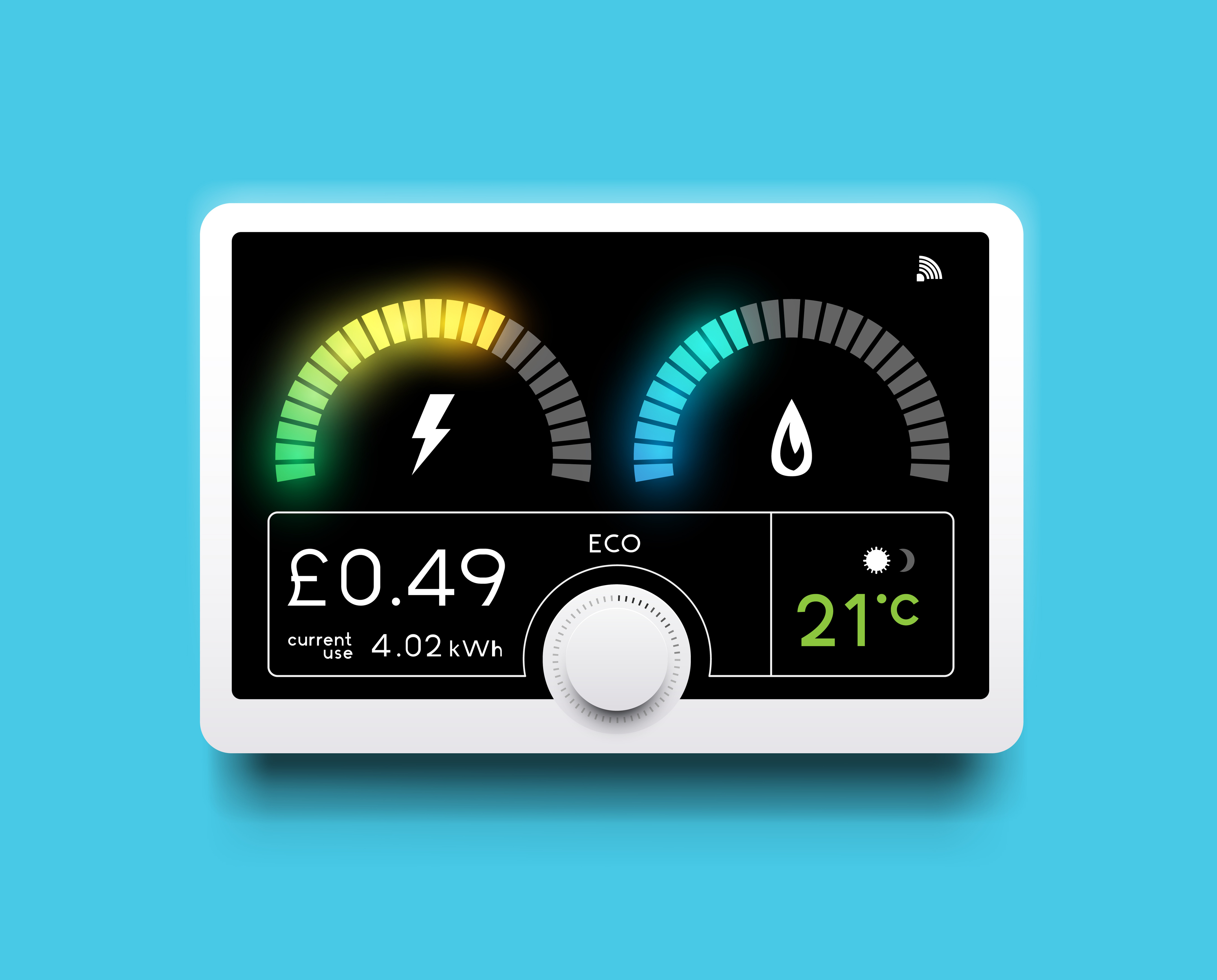There’s been quite a buzz about smart meters recently. They’re billed as central to our shift to a cleaner, more flexible energy system. However, according to an updated report by the House of Commons Committee of Public Accounts, the UK has missed its smart meter rollout targets. As a result new targets for 2025 have been put in place. We take a look at the results of the updated report and how we can help energy suppliers meet their new targets.
The Committee of Public Accounts is appointed by the House of Commons to examine “the accounts showing the appropriation of the sums granted by Parliament to meet the public expenditure.” In its updated report published on 16 October 2023 it stated that the Department for Energy Security and Net Zero has missed its targets to rollout smart meters to homes and small businesses across Great Britain. The original plan was to complete the rollout by 2019, however, as at March 2023, only 57% of meters (approximately 32.4 million out of 57.1 million) were smart in Great Britain and only one energy supplier last year had hit both its gas and electricity smart meter installation targets.
So what are the new targets? Having consulted with suppliers and other industry stakeholders the government has set new targets for suppliers to install smart meters in at least 74.5% of homes and nearly 69% of small businesses by the end of 2025.
The report concluded that “progress rolling out smart meters is too slow and the Department has not done enough to ensure consumers are convinced of their benefits.” Unfortunately smart meters have been the subject of much negative media attention, particularly around the forced switching of consumers to smart prepayment mode and energy suppliers argue that the remaining consumers who still have traditional meters, are not motivated to have a smart meter.
How we can help engage and motivate consumers
Here’s how we can help energy suppliers engage with their customers, persuade them to have a smart meter installed, and hit the new 2025 targets.
- Delivering a smart customer experience
We harness the power of behavioural science to create unique customer engagement solutions that are proven to help water and energy customers to better understand their consumption and motivate them to make changes – whether that’s to reduce their consumption or accept a smart meter.
- Increase engagement
Our SaaS solutions use behavioural and data science to understand and trigger customer engagement. We do this through personalised and timely behavioural messages across multiple channels – for example, the web, email or text messages. These communications are specifically designed to motivate behavioural changes. But not only that, the increased interaction with customers promotes confidence and trust in their supplier – an essential tool in any effort to encourage conversion to smart meters. You can read more about customer engagement in our Blog – Engaging with customers through a time of crisis – lessons from lockdown.
- Deliver information
Our platform and customer engagement solutions are the perfect channel for energy suppliers to educate and inform customers on the advantages that smart meters can deliver, such as negating the need to submit a meter reading, delivering accurate bills, as well as reduced consumption. FAQs that customers have about smart meters can also be addressed, such as informing customers that installations are free; that they can still switch supplier; that their data is protected; or how to request a smart meter.
- Reveal potential savings
One of the most persuasive messages that we can send to an energy customer is a comparison of their average consumption against that of similar households in their neighbourhood. Providing customers who don’t have a smart meter with personalised consumption comparisons against neighbours that have reduced their bill having installed a smart meter, can prove to be very persuasive in encouraging a customer to convert.
We can target exactly the right customers
The report also states that recent survey data from Smart Energy GB, the organisation funded by energy suppliers to engage consumers and drive smart meter uptake, shows lower uptake of smart meters among the young, as well as females, those on low incomes, and private renters. According to the data, smart meter uptake is higher among the older generations, as well as males, those on higher incomes, and those people who own their own homes.
We can help energy suppliers to identify and target the specific groups of people identified in the report who have a lower uptake of smart meters, but would benefit from having one as it would help them visualise and understanding their usage, and potentially reduce their consumption and therefore their bills. We do this by taking an energy supplier’ customer data, combining it with open source data, and then, using data science, we profile customers to help identify, segment and engage with specific target groups. We’ve written more about this in our blog explaining how we could help identify vulnerable customers who were struggling to pay their bills during the pandemic. Discover how we provide proactive support for vulnerable customers. How will you increase your smart meter rollout and hit the new 2025 targets? Let us help you identify and engage with your customers and improve your smart meter rollout rate in 2024. Get in touch today!
